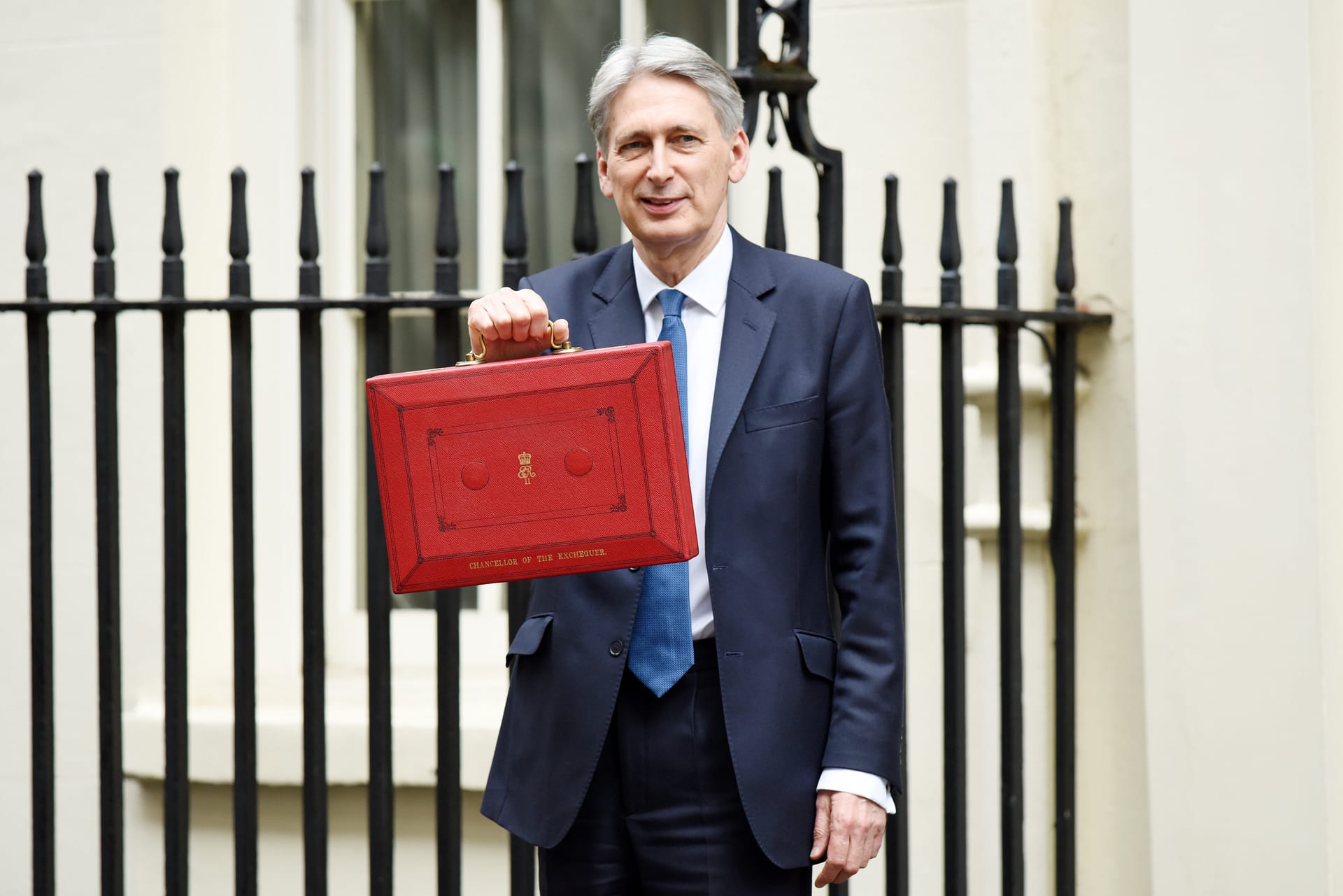The Judiciary of England and Wales and the Ministry of Justice are calling on people from all walks of life in London to be part of a new wave of volunteers, giving back to their local community and helping the magistracy better reflect the diversity of British society.
Data on the diversity of the current magistracy in London over the last five years shows an increase in magistrates from underrepresented groups, including people from an ethnic minority background (30%).
There’s still further to go, which is why people from a wide range of backgrounds are being urged to consider becoming magistrates as applications open in London for another year. The appeal is part of a national drive to increase the number of those volunteering across England and Wales, including people from underrepresented groups in the magistracy.
No legal qualifications, degree or experience is required to be a magistrate. Volunteers will be given thorough training as well as legal support to help make decisions on cases in criminal or family court. Magistrates work closely in groups of three with a legal advisor, who offers guidance on the law.
From teachers to electricians, to stay-at-home parents, anyone aged between 18 and 70 who can commit to at least 13 days a year for at least five years is encouraged to come forward. Become a magistrate and you’ll learn new skills, enjoy new challenges, and help create positive change for your community. The role also gives people a chance to give back to their community, build relationships with new people and develop new skills.
With support from magistrates in London, the campaign seeks to boost numbers by recruiting 2,000 new magistrates across England and Wales this year. Being a magistrate is a part-time voluntary role that can fit around other working commitments. From making an impact on families’ futures and children’s lives as a family court magistrate, to handling criminal cases as a criminal court magistrate, candidates are being sought to fill positions across all jurisdictions. Whichever role volunteers take up, they will regularly make decisions that will shape the lives of individuals for years to come.
London magistrates are stepping forward to talk about the benefits the role brings to their lives, from make a difference to wider society to gaining a wide range of highly valued and transferable skills.
Gilles from New Malden is of White and Black African heritage, he has been a magistrate for over 13 years. He joined the magistracy as he wanted to give back to the community and make the justice system more diverse.
On his role as a magistrate Gilles said: “I joined the bench because I wanted to dispel some of the misconceptions around the role. You don’t need to be a certain type of person to be a magistrate – a magistrate is simply someone that cares about others within their community. It’s important that magistrates from all different walks of life join the bench in order to represent our diverse society. The role challenges your views and encourages you to think about things from a different perspective. I’ve learnt so much during my time as a magistrate and would strongly recommend the role to others.”
Jacqui is an Education Lead working for NHS England and lives in London. She has been a magistrate for over 17 years and joined the bench to give back to her community and ensure that individuals who appear before the court see someone who looks like them, representing the black, Asian and ethnic minority community, sitting on the bench where decisions about their case will be made.
On her role as a magistrate Jacqui said: “When I was approached about the role I thought to myself, why not me? Being a magistrate is about wanting to give back to your community and make a difference to people’s lives – something that any member of the public has the ability to do. It also gives you the opportunity to gain new knowledge and experience that you can take back into your professional and personal life, as well as challenge any perceived misconceptions one might have.”
Alexia is based in London. As well as having been a magistrate for 22 years, she is also a trainer of leadership magistrates for the Judicial Office. She joined the bench to pursue her desire to help people and improve her community.
On her role as a magistrate Alexia said: “I couldn’t recommend becoming a magistrate more. Every day is different and each case is different – even if it’s an offence we have seen hundreds of times before. It is so great to be able to make a positive change in the lives of both the defendants and victims. This is an interesting, important and respected role where you’ll make decisions on a variety of cases, sharing the responsibility with two other magistrates, supported by a legal adviser. If you would like to help others while gaining a better insight of the law, this is the voluntary role for you.”
Justice Minister Mike Freer said: “Ordinary people up and down the country play a vital role as magistrates helping ensure that crimes in their community are punished and we want more people to join them.
I am always impressed by the people I meet who volunteer their time and experience from other walks of life and I would encourage anyone with a desire to help victims get justice to apply.”
As part of the application to sit in the criminal court, applicants are required to observe at least two magistrates’ sittings in court. This is an opportunity to learn more about the role and see magistrates in action. Hearings deal with a range of offences, from less serious crimes, such as speeding and criminal damage to much more serious offences, including murder, manslaughter and robbery.
Family court hearings are heard in private so public observations are not possible. To apply to sit in the family court, applicants must complete research exploring what it’s like being a family court magistrate. This may include watching videos and reading information on the Courts and Tribunals Judiciary website. Family court magistrates can have a significant impact on a child’s life and a family’s future.
They make decisions that affect vulnerable children, such as enforcing child maintenance orders and protecting children subject to significant harm so they move to a safe environment.
Magistrates typically develop highly transferrable skills such as critical analysis, complex problem-solving, mediation, influencing and decision-making, all of which stand to benefit them in their wider lives. Research from the Ministry of Justice among HR and business leaders showed they felt people who volunteer as magistrates were likely to have sound judgement (89%) and effective decision-making (81%).
Mark Beattie JP, National Chair of the Magistrates’ Association, said: “Magistrates are the cornerstone of the justice system of England and Wales, so we welcome this continued drive to recruit much-needed volunteers to help deliver speedier justice for all. Diversity is one of the strengths of the magistracy, so we would encourage those from underrepresented groups and areas to apply to perform this most rewarding of voluntary roles. We look forward to sitting alongside you and to welcoming you as members soon.”
Applications are now open in London, anyone looking to volunteer should visit icanbeamagistrate.co.uk for more information.






Leave a Comment